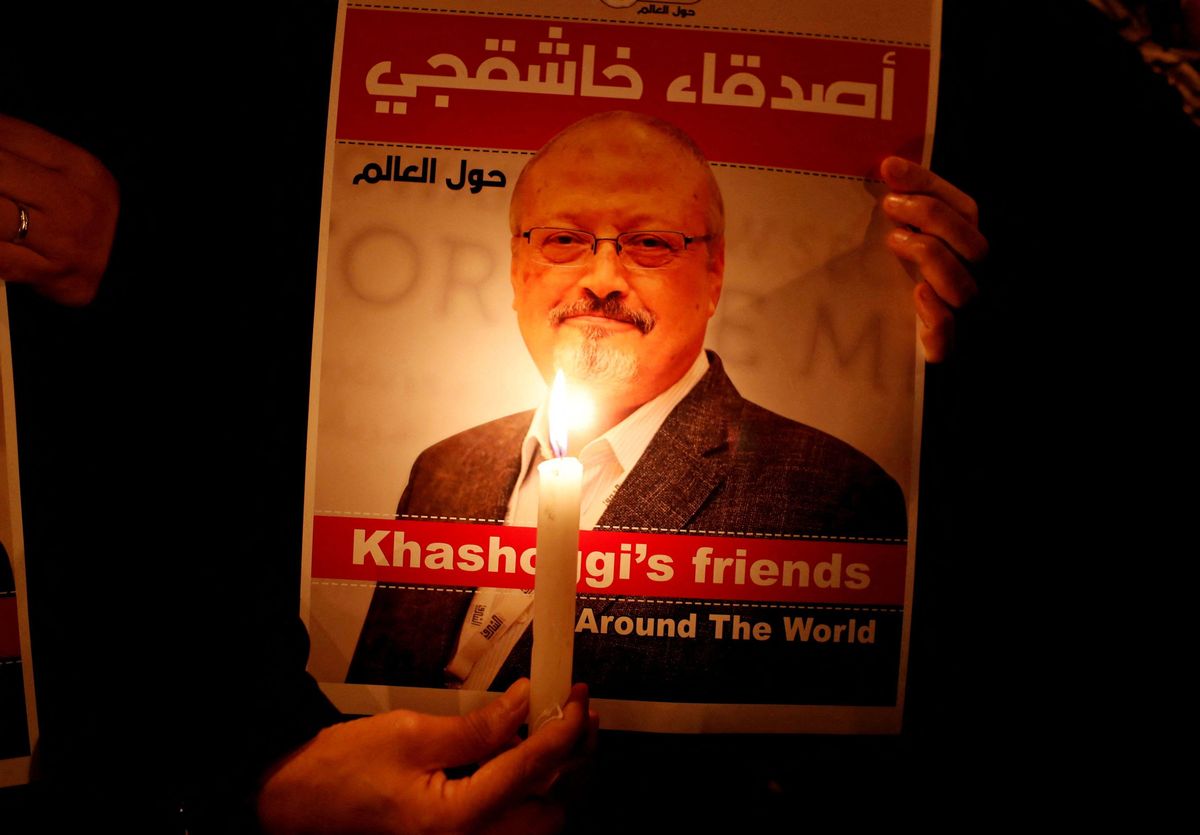Khan loses court battle
Not so fast. That was the message Pakistan’s top court sent Prime Minister Imran Khan on Thursday following his move to dissolve the parliament and call for a new election last weekend. The extraordinary maneuver helped Khan dodge a no-confidence vote that was expected to remove him from power. Pakistan’s Supreme Court has ordered that the legislative body be restored, and the no-confidence vote is now expected to be held on Saturday. Khan’s move, which he and his supporters claimed was necessary to halt a so-called US conspiracy to oust him, also highlighted the former cricketer’s efforts to align his country more closely with Moscow and Beijing. But the resulting constitutional crisis raised concerns about the prospect of greater instability in the nuclear-armed nation, which is already struggling with dwindling foreign exchange reserves and soaring prices. Khan vows to continue fighting, starting with a national address on Friday.
No justice for Jamal
When Saudi journalist Jamal Khashoggi was murdered at the Saudi consulate in Istanbul in 2018, Turkish President Recep Tayyip Erdogan said that the order came from the “highest levels” of the Saudi Kingdom and called for the perpetrators to be brought to justice. Now, a Turkish court has ruled that the ongoing trial of 26 Saudis accused of committing the grueling crime is going on hiatus, recommending that the case be moved to Riyadh. (The defendants were being tried in absentia.) This is the latest sign that Ankara is trying to repair ties with Riyadh after years of discord: Riyadh has accused Turkey of cozying up to its enemies like the Muslim Brotherhood, which it deems a terror group. Turkey has also backed Qatar in a long-running diplomatic dispute between the two Gulf states. But Erdogan has been seeking a detente with the Gulf states in recent months, hoping that investment from the oil-rich contingency will help alleviate its economic woes. Human rights groups, meanwhile, have decried the development, saying that the alleged perpetrators won’t face justice in Saudi Arabia.
Will Ukraine investigate its own war crimes?
In recent days, images, video, and personal testimonies from Ukrainian villages liberated from Russian occupation strongly suggest that Vladimir Putin’s armies have committed war crimes. Moscow denies the allegations, despite mounting proof. Now it’s the Ukrainian side’s chance to do better. On Wednesday, the New York Times confirmed the veracity of a video that appears to show Ukrainian forces executing one Russian prisoner of war and leaving another to die on a road near Kyiv. The revelation puts Ukrainian President Volodymyr Zelensky in a tough spot. He has framed Ukraine’s fight as a struggle for democracy, human rights, and the rule of law. Holding Ukrainian forces accountable for war crimes would be consistent with that. At the same time, it’s not easy, politically, to prosecute your own soldiers while they are holding off a brutal invasion. What’s more, the large presence of irregular, volunteer fighters on the Ukrainian side could complicate accountability for crimes like this. Asked about the incident on Thursday, Ukraine’s Foreign Minister Dmytro Kuleba said “the Ukrainian army observes the rules of warfare” and pledged that any “isolated incidents will definitely be investigated." We are watching to see if it happens.








